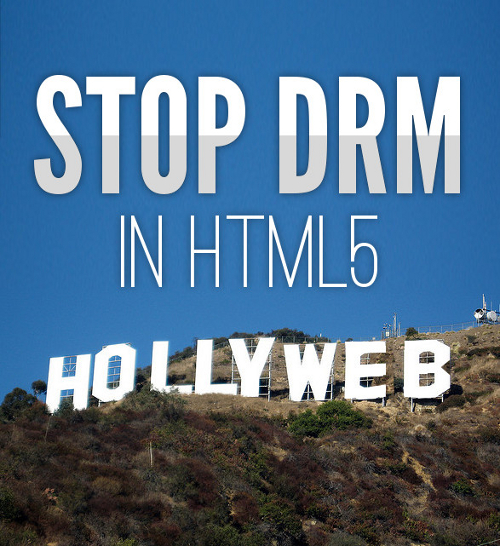Contribute to Wikimedia Commons from your smartphone

Making contributions to Wikimedia Commons is also getting easier: it’s now possible to transfer images to the Commons database from an Android or iOS smartphone using a free and advert-free mobile app. Features include the ability to view a stream of your contributions, upload multiple files and export to Commons using – if you’re on Android – that phone’s share functionality. Your images will also be tagged with the GPS co-ordinates if GPS tagging is turned on.
Wikimedia points out that by uploading your files to Commons, contributors will be doing more than if they just shared them with friends: they’ll be contributing the goal of spreading free knowledge around the world and sharing their work with billions of Wikipedia readers around the world (Wikipedia is the fifth most visited website in the world. Ed.).
The Android app is available from Google Play, whilst the Apple Store features the iOS app.
The developers also hope to add more features in future and make it easier to browse and discover all the great content Commons has to offer.
The app development team would like you to report any bugs, as well as giving them your suggestions for new features.
